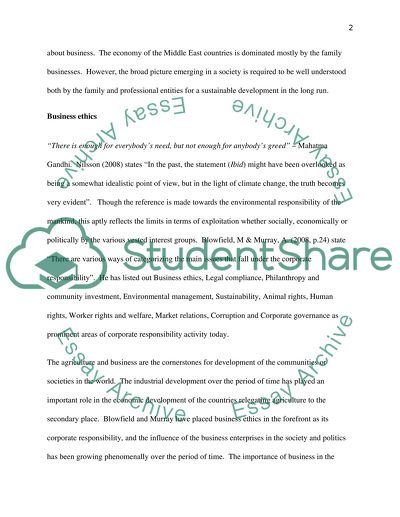Cite this document
(“Business Ethics Essay Example | Topics and Well Written Essays - 2000 words”, n.d.)
Retrieved from https://studentshare.org/environmental-studies/1415411-business-ethics
Retrieved from https://studentshare.org/environmental-studies/1415411-business-ethics
(Business Ethics Essay Example | Topics and Well Written Essays - 2000 Words)
https://studentshare.org/environmental-studies/1415411-business-ethics.
https://studentshare.org/environmental-studies/1415411-business-ethics.
“Business Ethics Essay Example | Topics and Well Written Essays - 2000 Words”, n.d. https://studentshare.org/environmental-studies/1415411-business-ethics.


